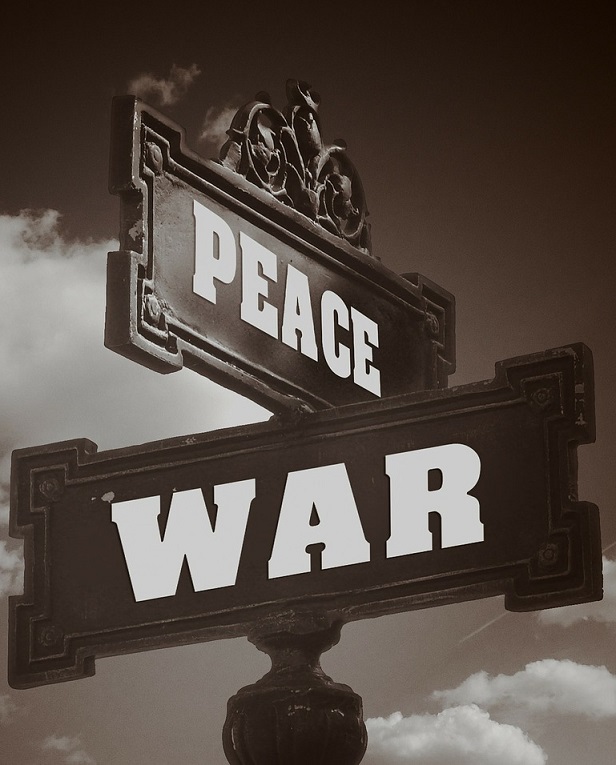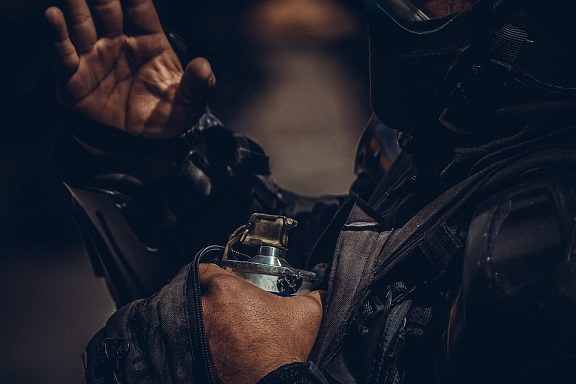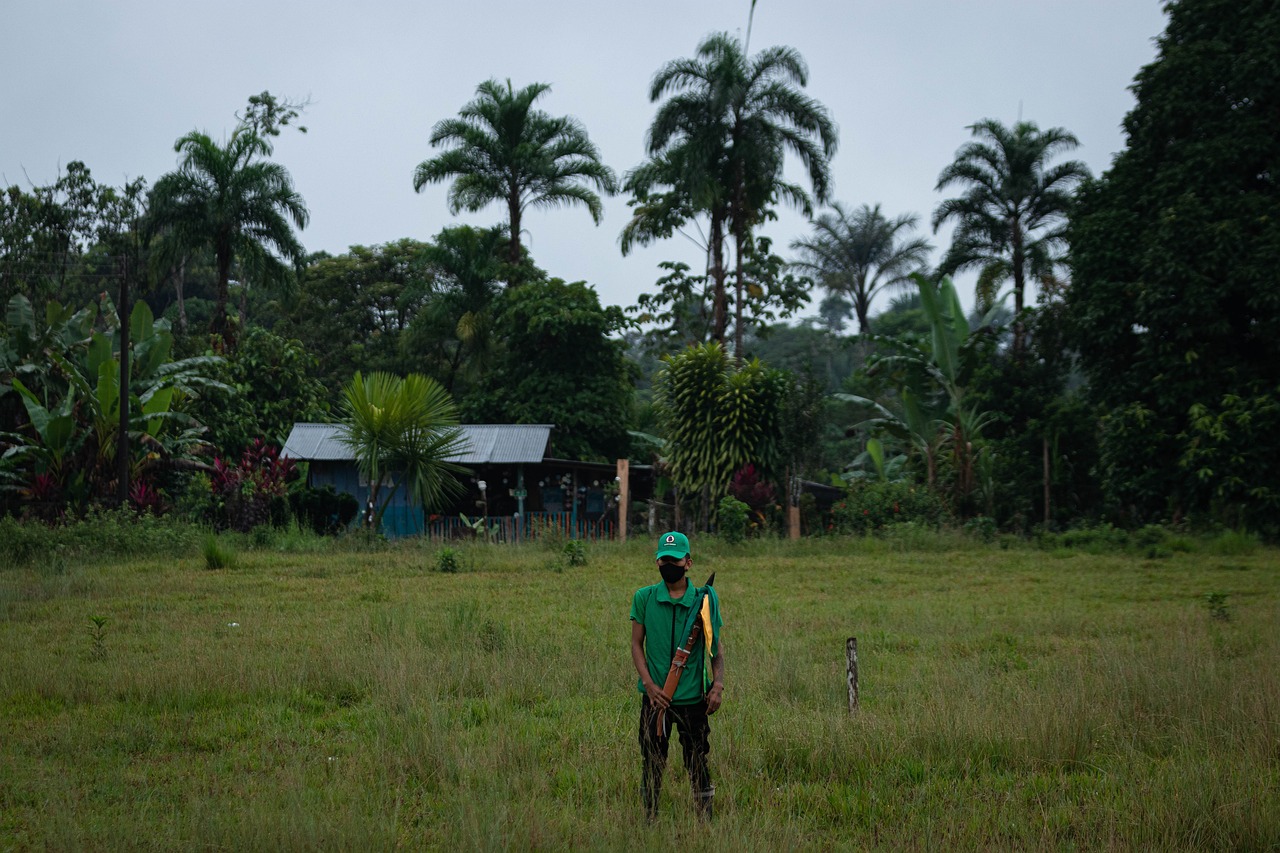The current Government introduced the policy of Total Peace, with the objective of entering into dialogue with all of the remaining armed groups. These illegal groups are engaged in an armed struggle for control of territories and illicit economies with the civilian population caught in the middle. 15% of the Colombian population in 2022 were estimated to be living in areas under the control of one or more of the illegal armed groups.
 Claudia Navarro*
Claudia Navarro*
On 19 September 2023 the Colombian Government and the Estado Mayor Central (EMC) announced they would start Peace Talks and a bilateral ceasefire from 8 October 2023.
The EMC is the second armed group operating in Colombia that has agreed to start peace negotiations with the Government under its Total Peace (Paz Total) Policy passed by Congress at the end of 2022. They are the second group who have established peace talks with the Colombian Government, the Ejercito de Liberación Nacioneal (ELN) being the first, they declared a national temporary bi-lateral ceasefire which started on 3 August 2023.
The EMC are dissidents from the demobilised Revolutionary Armed Forces of Colombia (FARC) who refused to sign the 2016 Peace Accord between the Colombian Government and FARC. Despite the 2016 Peace Deal with the largest of the guerrilla group in Colombia, the conflict continued with the EMC dissidents, the Ejercito Liberación Nacional (ELN) and other armed right-wing paramilitary and criminal groups.
What is clear, as Jomary Ortegon, Colombian lawyer, Colombian Lawyer, Jose Alvear Restrepo Lawyers Collective. “The human rights movement supports the Government’s peace efforts, whilst at the same time calling for the participation of women, ethnic communities and victims to be guaranteed in all the peace negotiations”.
The current Government introduced the policy of Total Peace, with the objective of entering into dialogue with all of the remaining armed groups. These illegal groups are engaged in an armed struggle for control of territories and illicit economies with the civilian population caught in the middle. 15% of the Colombian population in 2022 were estimated to be living in areas under the control of one or more of the illegal armed groups.
 Insecurity exists for a large portion of the population and civilians in both rural and urban areas are experiencing increased levels of violence by armed actors, including killings, disappearances, sexual violence, and forced displacement and confinement, particularly impacting afro-Colombian and indigenous communities with profound impacts on women. There were 169 human rights defenders killed last year in Colombia.
Insecurity exists for a large portion of the population and civilians in both rural and urban areas are experiencing increased levels of violence by armed actors, including killings, disappearances, sexual violence, and forced displacement and confinement, particularly impacting afro-Colombian and indigenous communities with profound impacts on women. There were 169 human rights defenders killed last year in Colombia.
According to Louise Winstanley, Programme and Advocacy Manager, ABColombia, “Colombia is one of the most dangerous countries in the world to be an environmental human rights defender. Community leaders defending their land and territory and the rights of their communities, frequently in areas where multinational companies are exploiting natural resources, are those who are most often at risk.
Structural impunity has contributed to the continued attacks on human rights defenders with the protection measures provided by the State being insufficient.
 The Attorney General’s office received 43,394 complaints of sexual violence in 2021 and 114,727 complaints of domestic violence.[iv] Impunity for crimes against women only serves to further perpetuate the situation of violence, and crimes like femicide often fail to be registered, of the registered cases over 90% remain in impunity.
The Attorney General’s office received 43,394 complaints of sexual violence in 2021 and 114,727 complaints of domestic violence.[iv] Impunity for crimes against women only serves to further perpetuate the situation of violence, and crimes like femicide often fail to be registered, of the registered cases over 90% remain in impunity.
However, there is renewed energy to implement the 2016 Peace Accord, this includes a specific Peace budget in the National Development Plan (NDP), which is 36% higher than under the previous government. It has also introduced a new State policy entitled Paz Total (Total Peace), that defines peace from the perspective of human security, focussing on human development, protection of people from threats such as: violence, crime, hunger, unemployment, repression, environmental risks, in accordance with the guarantee of human rights that the State should provide.
*Claudia Navarro, ABColombia Communications Officer.
(Photos: Pixabay)












.jpg)












